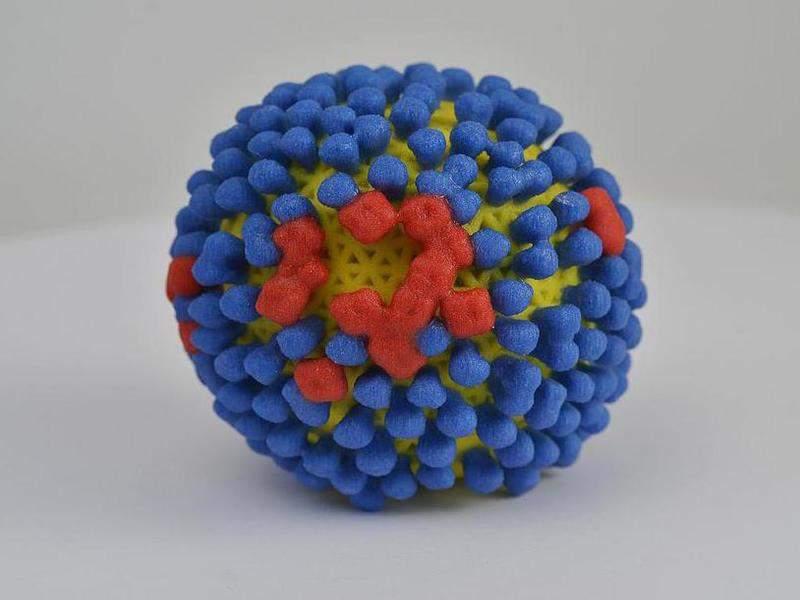
A new Phase I clinical trial funded by the National Institutes of Health (NIH) is currently evaluating the use of a topical imiquimod cream in boosting immune response to a vaccine for the H5N1 influenza virus.
The trial is being conducted at Baylor College of Medicine, and supported by the NIH division National Institute of Allergy and Infectious Diseases (NIAID).

Discover B2B Marketing That Performs
Combine business intelligence and editorial excellence to reach engaged professionals across 36 leading media platforms.
Imiquimod cream is indicated for the treatment of genital warts and some skin cancers. It acts by triggering the body’s innate immune system.
H5N1 is an avian influenza virus that spreads to humans through direct or indirect contact with infected birds. While the virus is not widespread at present, it is likely to result in a pandemic.
To address any future challenges, researchers are developing the H5N1 vaccine using an inactivated or killed influenza virus.
The vaccine, manufactured by Sanofi Pasteur, will be administered intradermally to all 50 healthy adults during the double-blind Phase I trial.

US Tariffs are shifting - will you react or anticipate?
Don’t let policy changes catch you off guard. Stay proactive with real-time data and expert analysis.
By GlobalDataThe subjects will later receive imiquimod cream called Aldara, made by Valeant Pharmaceutical International or a placebo aqueous cream.
The participants will be examined for injection site reactions such as redness and swelling, or other reactions such as fever and headache. The monitoring will be continued for seven months.
A regimen of imiquimod cream and seasonal inactivated influenza vaccine was previously investigated in two trials in elderly participants and young adults, respectively, in Hong Kong.
Investigators found the cream to be well-tolerated in both trials. Additionally, all patient populations administered with imiquimod cream had significantly better immune responses.
It is expected that the immune-boosting properties of imiquimod will help in vaccinating more people during an outbreak by decreasing the required influenza vaccine doses per individual.





